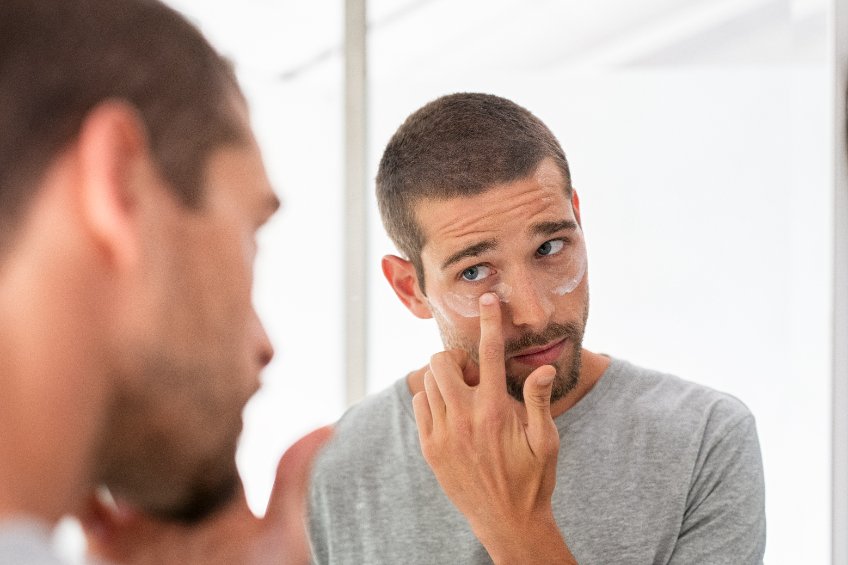
Going Up
In glaucoma patients, fluid builds up inside the eye, causing pressure to elevate. Failing to keep this tension within safe parameters can lead to blurry vision and long-term vision loss. Glaucoma surgery is performed to reduce pressure in the eye.
Getting to the eye of the problem
With mild cases, an eye doctor can use a focused laser beam to create a path for fluid to flow. These procedures typically only take a few minutes and rarely have restrictions afterward. The majority of the time, a surgeon will perform what’s known as a trabeculectomy under anesthesia in an operating room.
During a trabeculectomy, an ophthalmologist makes an incision on the surface of the eye. Through this opening, the physician creates a way for fluid to drain out of the eye. As excess fluid leaves the eye, pressure within should return to a healthy range. A small bump, also known as a bleb, forms over the drainage location to filter fluid.
Time to recover
After a trabeculectomy is complete, the eye needs time to heal. Normally, individuals should allow 3 to 6 weeks for recovery following the procedure. Keeping all scheduled follow-up visits is essential, as is using all post-operative eye drops as indicated. Sutures may need to be removed during this recovery time. The doctor may also recommend wearing an eye patch at night for a few weeks to keep the eye safe.
Common post-surgery experiences
Immediately after surgery, the eye can appear red, swollen, or irritated. Patients may experience uncontrolled tears or the sensation of a small object in the eye. Vision is typically blurry as the eye recovers and can take weeks to become clear. Any sight lost before the procedure from glaucoma will not return.
Don’t do it
Glaucoma surgery is extensive, and there are several things patients must be wary of during the recovery process. Below is a list of activities doctors usually want individuals to avoid until the eye is doing better: Bending over, straining, or lifting anything heavier than 10 pounds, any form of exercise such as biking or running, rubbing or scratching the operated eye, swimming pools, hot tubs, and saunas, driving, wearing contact lenses, eye make-up, cream, or lotion around the eye, dirty or dusty environments.
What can you do?
After returning home from surgery, patients can begin to read or watch TV as vision allows. Feel free to wear glasses to make these activities easier. Using sunglasses when outside keeps dirt and the Sun’s harmful UV rays at bay. Above all else, be sure to take time to rest, relax, and allow the eye to heal.